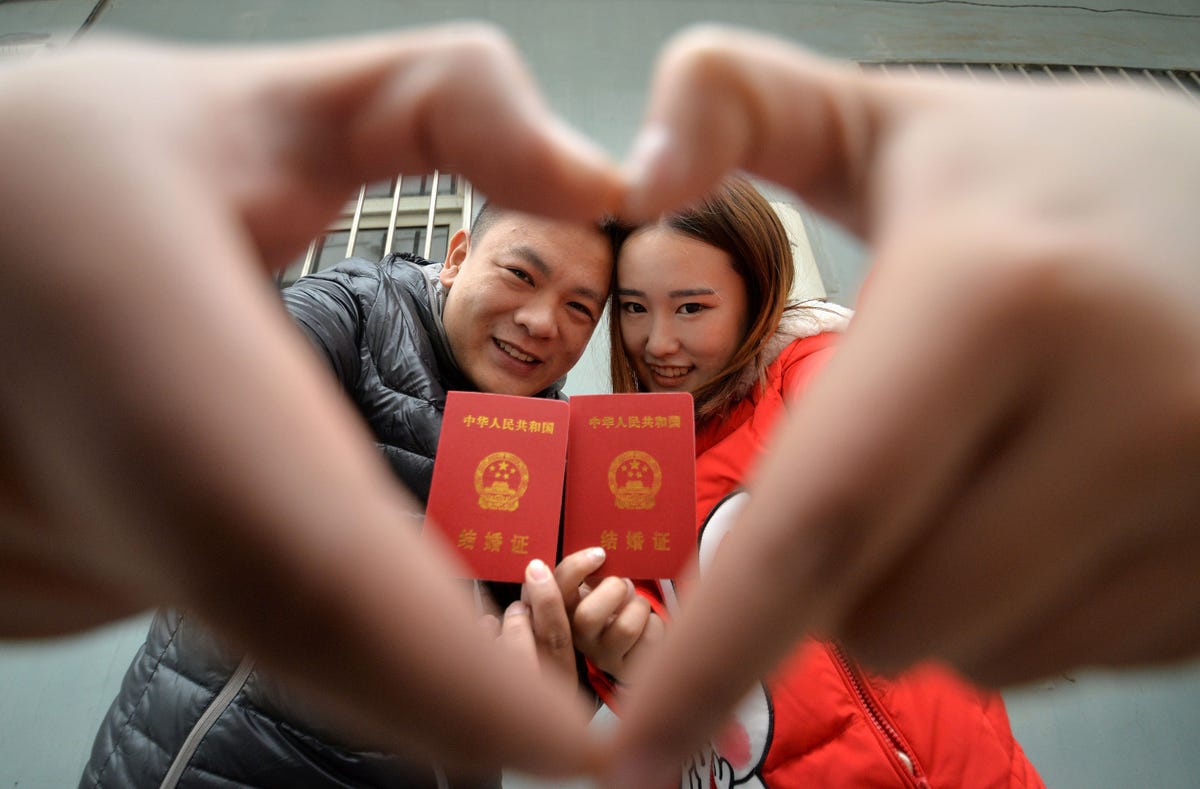
Alibaba uses 11.11 online shopping event to double down on sustainability

Image: Getty Images
In kicking off its annual 11.11 global shopping event, now in its 13th year, Alibaba Group CMO Chris Tung took the opportunity to highlight that the main focus for this year’s shopping event would be sustainability.
“We are making sustainability at the heart of the festival,” he told media during a virtual press event.
“We believe that behavioural change is essential to ensuring a sustainable future, which is why as the creator and leader of the 11.11 festival, Alibaba aims to play an important role in driving those positive changes.”
Arguably the world’s largest shopping event, the 11.11 event has more than 290,000 participating brands, over 14 million deals, and more than 900 million consumers in China.
For the first time, the Chinese tech giant has created a dedicated vertical to showcase energy-efficient and low-impact products. This will entail issuing 100 million yuan worth of “green vouchers” to customers, which Tung believes will “incentivise shopping decisions that are environmentally friendly”.
In addition, Tung pointed out that the company’s logistic arm Cainiao Network has rolled out over 60,000 package collection and recycling stations across China and implemented 10,000 Cainiao post stations where users can reuse parcel packaging.
“We’re also working with our brand partners to encourage eco-friendly consumption, including partnering up with brands to develop new products with lower carbon footprints and creating plastic-free recyclable packaging,” he said.
See: China’s tech industry is not green enough: Report
Speaking with media, Tung also spoke about the impact COVID-19 has had on its ecommerce business, admitting it has resulted in “challenges on the logistics and supply chain side” of its business.
Tung assured, however, Cainiao Network has “incorporated the latest technologies, such as cloud-based systems and artificial intelligence, to drive and support the whole logistics network with more transparency and efficiency”.
“We’re also using robots to manage warehouse operations and expedite last-mile deliveries, and these have collectively helped the cross-border logistics network tremendously in providing better and more accurate delivery services,” Tung said.
“Overall, we see digital infrastructure playing an important role in solving the supply chain crises globally.”
Tung also noted that on the other end of the spectrum, the pandemic has accelerated the demand for ecommerce, describing the space as being “very vibrant”.
“With the push of pandemic, it’s accounting more of the retail business in China. And we continue to see more and more consumers come into the franchise and learn how to live a digital life via the convenience that ecommerce provided.
“We’re seeing 70.2% of growth on ecommerce in China this year. I think the pandemic has played some role in this phenomenal growth.
“On the other hand, we’re seeing a very significant trend on the rise of cross-border transactions. Chinese consumers are still very keen on buying products overseas. The demand for quality products from quality brands internationally is huge.”
Earlier in the year, Alibaba was slapped with a record 18.2 billion yuan fine for breaching China’s antitrust regulations and “abusing [its] market dominance”. The Chinese company said it would “accept” the ruling.
China’s State Administration for Market Regulation (SAMR) said in a statement that Alibaba had been abusing its strong market position since 2015 to prevent merchants from using other online e-commerce platforms. It said such practices impacted the free movement of goods and services, infringing on a merchant’s business interests, and in breach of the country’s anti-monopoly laws.
But it’s not just the company that has been facing pressure from the Chinese government. After the company’s founder Jack Ma criticised China’s rigid regulation and the state’s dominance over the banking system, he has not been publicly seen. However, in an interview with CNBC, Alibaba executive vice-chairman and co-founder Joe Tsai said Ma was “laying low” and taking up hobbies such as painting.
The company’s fintech arm Ant Group was also later called up by China’s central bank to discuss its regulatory compliance, and its IPO was called off after regulators said Ant’s listing on the Shanghai stock exchange no longer met regulatory and disclosure requirements.





